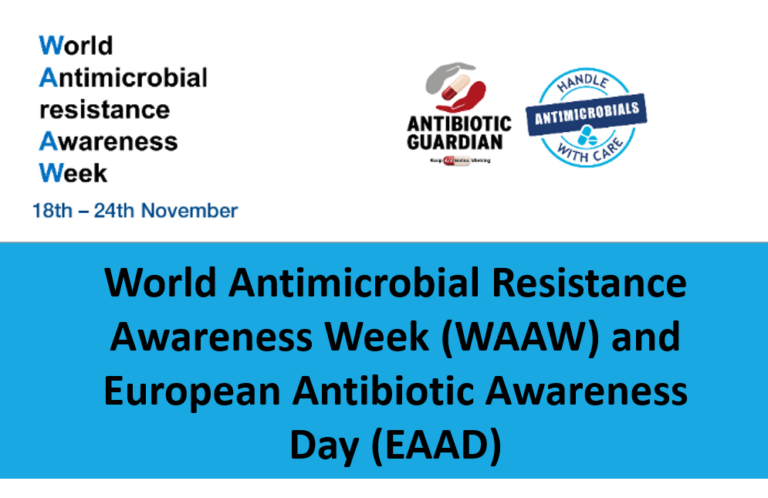Men’s Health
Male Pattern Baldness
Male-pattern baldness is the most common type of hair loss, affecting 6.5 million men in the UK.
It generally starts with a little thinning of the hair, followed by wider hair loss, allowing more of the scalp to become visible.
For a few men, this process starts as early as the late teens. By the age of 60, most men have some degree of hair loss.
Some men aren’t troubled by this at all. Others, however, suffer great emotional distress associated with a lack of self-esteem and, in some cases, depression.
Useful links
Prostate Cancer
PROSTATE CANCER IS THE MOST COMMON CANCER IN MEN IN THE UK, WITH OVER 40,000 NEW CASES DIAGNOSED EVERY YEAR.
Prostate cancer usually develops slowly, so there may be no signs you have it for many years.
Symptoms often only become apparent when your prostate is large enough to affect the urethra (the tube that carries urine from the bladder to the penis).
When this happens, you may notice things like an increased need to urinate, straining while urinating and a feeling your bladder has not fully emptied.
However, these signs do not mean you have prostate cancer. It is more likely they are caused by something else, such as benign prostatic hyperplasia (also known as BPH or prostate enlargement).
What is the prostate?
The prostate is a small gland in the pelvis found only in men. About the size of a Satsuma, it is located between the penis and the bladder. It surrounds the urethra, the tube that carries urine from the bladder to the penis.
The main function of the prostate is to help in the production of semen. It produces a thick white fluid that is mixed with the sperm produced by the testicles, to create semen.
Testicular Cancer
Although still rare compared to other cancers, testicular cancer is the most common cancer in men aged between 15-45 years with around 2,200-2,300 men being diagnosed each year. It is more common in Caucasian males.
If found at an early stage a cure rate of 98% is usually possible and even when testicular cancer has spread to other areas of the body cure can still be achieved. In fact according to recent research overall 96% of men diagnosed with any stage testicular cancer will be alive 10 years after treatment.
It is important to visit your GP as soon as you notice any lump or swelling on your testicle. Your GP will examine your testicles to help determine whether or not the lump is cancerous.
Symptoms
The earliest warning signs of testicular cancer usually include the following:
- A change in size or shape of a testicle.
- Swelling or thickening of a testicle.
- A firm, smooth, initially painless, slow-growing lump or hardness in a testicle.
- A feeling of testicular heaviness.
Useful links
Related pages
- Online Services
- Preconception Advice
- Local Services
- Cancer Screening
- Children’s Health
- Managing Chronic Diseases
- Minor Surgery
- NHS Health Checks
- Planning a Family
- Private Services List and Fees
- Self-Referrals
- Sickness Certificates
- Supporting a Healthy Lifestyle
- Surgery Clinics
- Vaccinations
- Women’s Health


